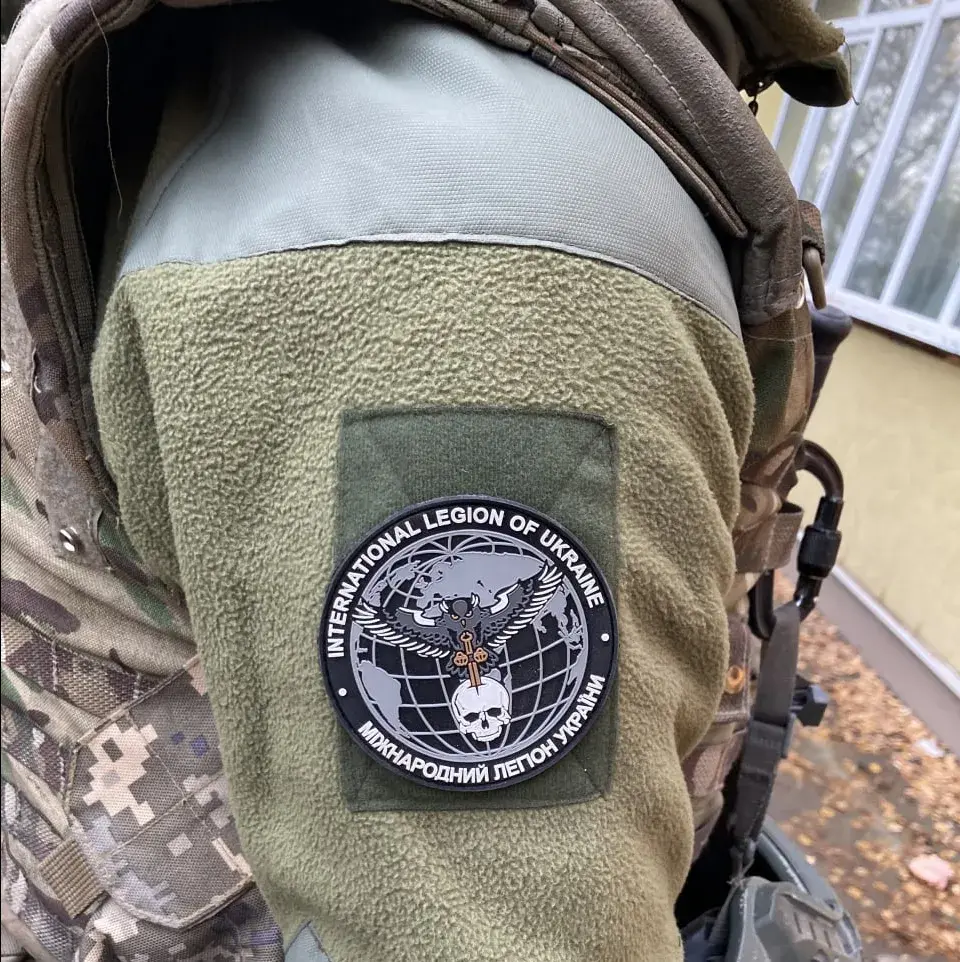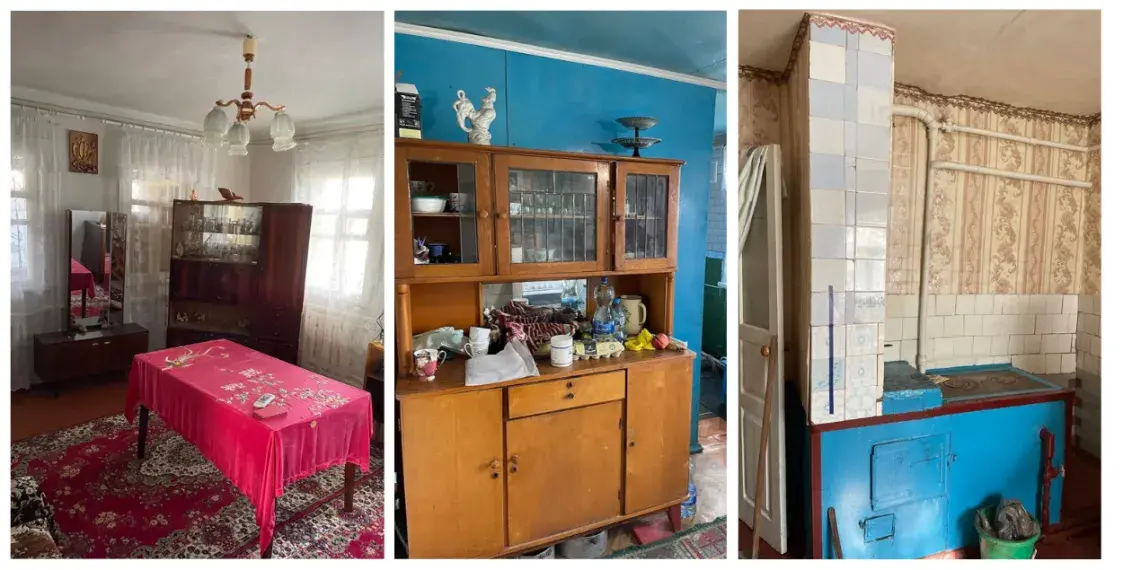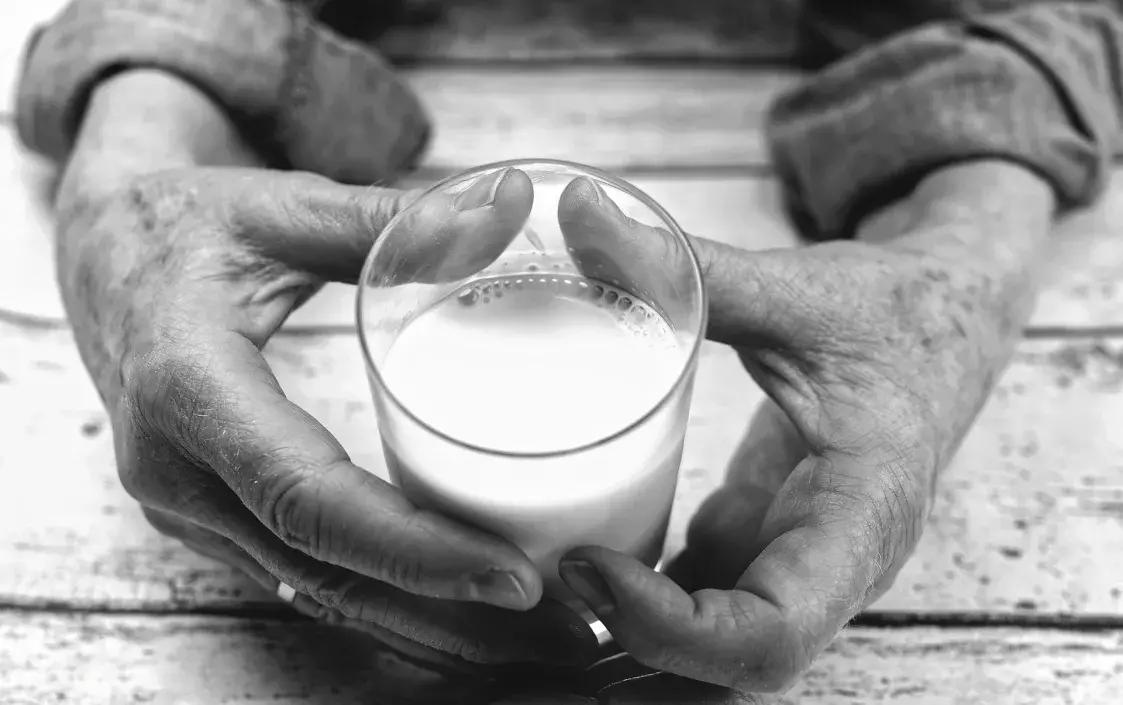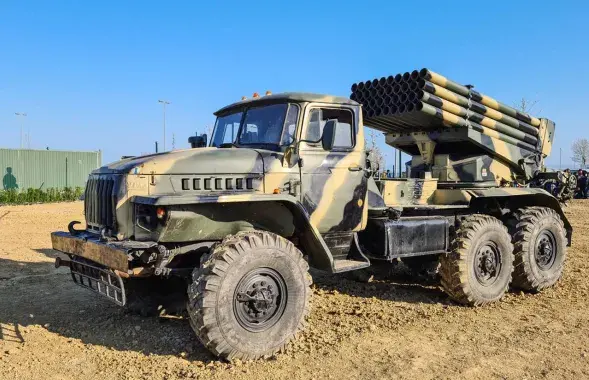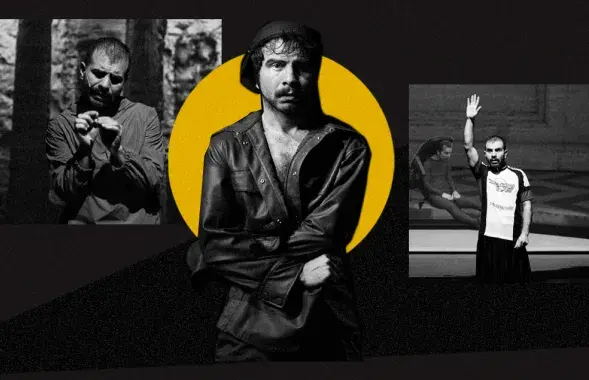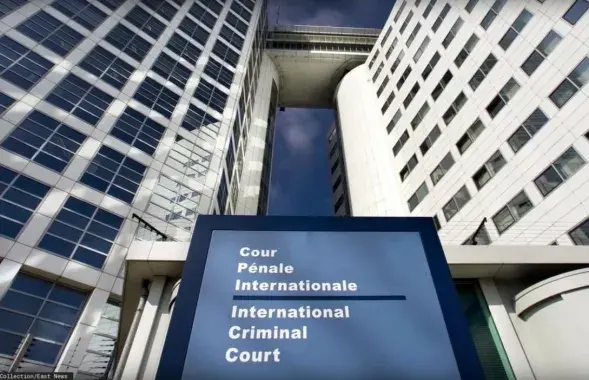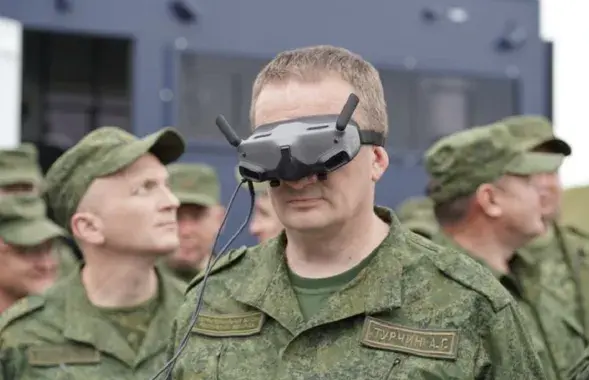Swedish volunteer buys house 50 kilometers from the front. Why?

Зачем швед купил дом в Украине в 50 километрах от фронта? / pixabay / @rubanau_collage
Rauta is a Swedish volunteer, he is fighting in Ukraine as part of the Second International Legion. And now there is a place in the Kharkiv region where he will return to describe in his diaries what happened to him "at ground zero".
Rauta bought a small village house fifty-three kilometers from the front. He had only one requirement for the house: it had to be on de-occupied territory.
"I wanted to have a place here in Ukraine that I could call home".
Besides, the inactivity between combat missions was becoming unbearable for me at times, and I tried to find something similar to what I had at home here in Ukraine. Some kind of project that I can always work on, that I am always busy with.
Home is just such a project.
"I think you should find out where the minefields are before you go mushrooming"
It wasn't difficult, the house was found quickly. The main difficulty was the paperwork. It took longer than Rauta had hoped, so he has only been able to live in his new Ukrainian home for three weeks so far. That was enough time to get to know his neighbors.
"It's funny to see how people react when they learn that a foreigner has bought a house in the Kharkiv region. One of the first questions is usually, "How far is it from the front line?"
Actually, I don't think it's dangerous to live there. Our village is pretty quiet, and you don't hear the sounds of rockets. People send me photos from the nearest big city - yes, you can see the results of shelling and explosions there. But in my village, during all the weeks I spent there, it was quiet.
Near Rauta's new house are minefields. "I think you should finding out exactly where they are before you go mushrooming," the Swede says thoughtfully. However, here he also counts on the help of the locals - they are well aware of where in the vicinity of the village it is better not to go.
"Also, there's demining going on all the time, so the situation will get better with time".
But we'll go for mushrooms later. Right now Rauta is going home to Sweden - he hasn't been there for almost two years, since the beginning of the full-scale war. In the meantime, a neighbor is looking after his new village house. Shortly before our interview, he wrote to Rauta in Swedish using an online translator: everything is under control.
Rauta has agreed with his neighbors that they will sometimes drop by, especially when the temperature drops low, to check if the pipes and gas cylinder are frozen or if uninvited guests have come to visit. Neighbors are aware of what equipment Rauta has left in the house and can check to make sure everything is in place.
"Sometimes we use online translators, but mostly we just talk, and somehow we understand each other. When there are no interpreters or English-speaking neighbors around, the language is learned faster".
Rauta understands Ukrainian better than Russian. "Harno" is an understandable word for him. "Beautiful" is unfamiliar.
"If they have a cow, they offer fresh milk, if they've just cooked a meal, they'll treat you to it"
Before coming to the war in Ukraine, Rauta fought in Afghanistan. And communication with the locals there was quite different.
"To be honest, we have so many cultural differences with Afghans that even if we spoke the same language, we would not always understand each other. Everything is different - religion, way of life, even the way we think.
Here in Ukraine, everyone is very friendly, trying to help in any way they can. I haven't met any pro-Russian people -- there are probably some, but I just don't have any experience of communicating with them. Everyone I have met has been very supportive.
The hospitality is incredible, you are welcome everywhere. Whatever problems you face, the locals always stop and offer help. If they have a cow, they offer fresh milk, if they have just cooked a meal, they'll treat you to it.
And you end up feeling more and more at home.
You know what touches me in particular? You come to a village - and this is the last village on the way to the front line, it's only five kilometers to "zero" - and you see how the locals live. They leave the house, they cook normal food - yes, there is no electricity there, but they have wood stoves. They cut the grass outside the house - if they don't have a generator, they can use a gasoline lawnmower. And you think - would you behave the same way between artillery bombardments? It's amazing resilience.
They have basements - they can hide there during shelling (though from my observations, they don't). They have food supplies for months, they have wells - and so there is always water.
And this is something that people in other countries might envy. Our homes, for example, don't have wells, stoves, and months' worth of food supplies. We don't have a plan: what will happen to us if we go without electricity for a long time? And that's what I would like to get back, that's what we lost - but what people in Ukraine have kept.
"Neighbors just show up at the door and offer help"
Rauta moved from an apartment to a private home in a small community in Sweden eight years ago. And he hopes he will never have to live in an apartment building again.
Externally, the house that Rauta bought in Ukraine is different from his Swedish home - it's just a small wooden box. And the street on which it stands is different from the Swedish street. In Sweden, Rauta says, private houses would not look alike. In a Ukrainian village, they're pretty uniform.
And though this house looks more like the ones Rauta lived in while waiting for his unit's combat sorties, it reminds him specifically of his Swedish home, not the assaults.
"The neighbors are very helpful. They usually just show up at the door and offer to help. They help me first, and then we go to their houses - there is always something to do there too. My house was not damaged by the war - but not all the houses in this village are so lucky.
Sometimes you need help changing windows, sometimes you need help with transportation... And sometimes you need to feed someone's cow. It's quite similar to my home in Sweden.
